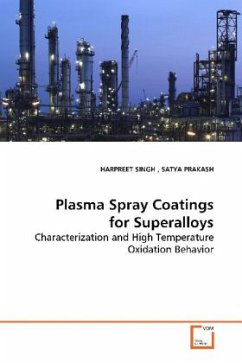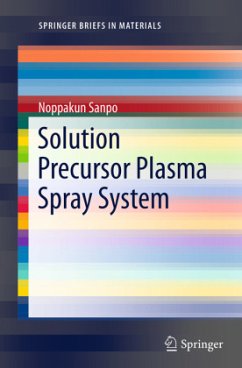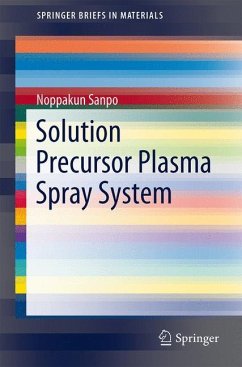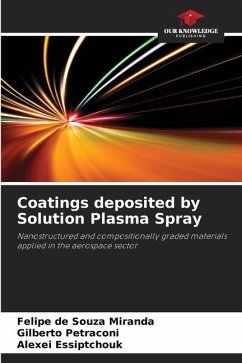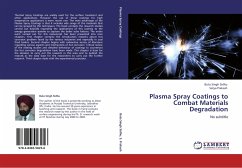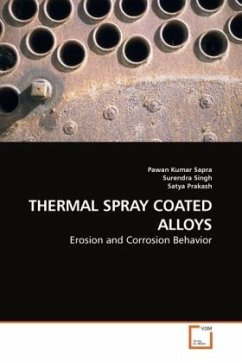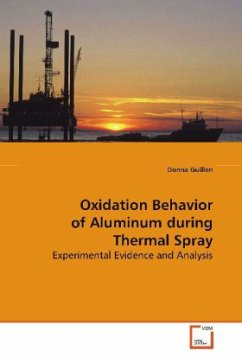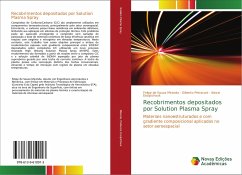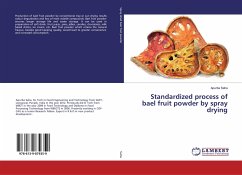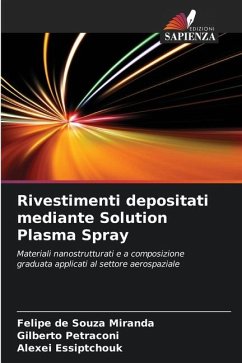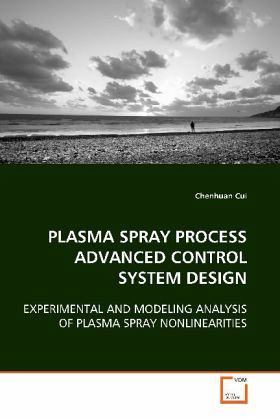
PLASMA SPRAY PROCESS ADVANCED CONTROL SYSTEM DESIGN
EXPERIMENTAL AND MODELING ANALYSIS OF PLASMA SPRAY NONLINEARITIES
Versandkostenfrei!
Versandfertig in 6-10 Tagen
52,99 €
inkl. MwSt.

PAYBACK Punkte
26 °P sammeln!
Plasma spray is a high-throughput, economical and low environmental impact coating process that can be used to meet the demanding performance requirements for turbines, pumps, and emerging biomedical applications and solid oxide fuel cells. However, current plasma spray process capabilities are limited by its significant process variations which pose challenges for engineering coating structure for advanced applications as well as optimizing process yield and economics. This dissertation investigates the critical issues needed to develop an advanced plasma spray process control system that can...
Plasma spray is a high-throughput, economical and
low environmental impact coating process that can be
used to meet the demanding performance requirements
for turbines, pumps, and emerging biomedical
applications and solid oxide fuel cells. However,
current plasma spray process capabilities are
limited by its significant process variations which
pose challenges for engineering coating structure
for advanced applications as well as optimizing
process yield and economics. This dissertation
investigates the critical issues needed to develop
an advanced plasma spray process control system that
can compensate for these process variations,
including: characterization of different
fluctuations observed in plasma spray process,
development an understanding of the sources of the
dominant variations, the dominant torch input-output
dynamics and nonlinear behaviors of the process, and
the control sensing requirements for detecting these
variations.
low environmental impact coating process that can be
used to meet the demanding performance requirements
for turbines, pumps, and emerging biomedical
applications and solid oxide fuel cells. However,
current plasma spray process capabilities are
limited by its significant process variations which
pose challenges for engineering coating structure
for advanced applications as well as optimizing
process yield and economics. This dissertation
investigates the critical issues needed to develop
an advanced plasma spray process control system that
can compensate for these process variations,
including: characterization of different
fluctuations observed in plasma spray process,
development an understanding of the sources of the
dominant variations, the dominant torch input-output
dynamics and nonlinear behaviors of the process, and
the control sensing requirements for detecting these
variations.



